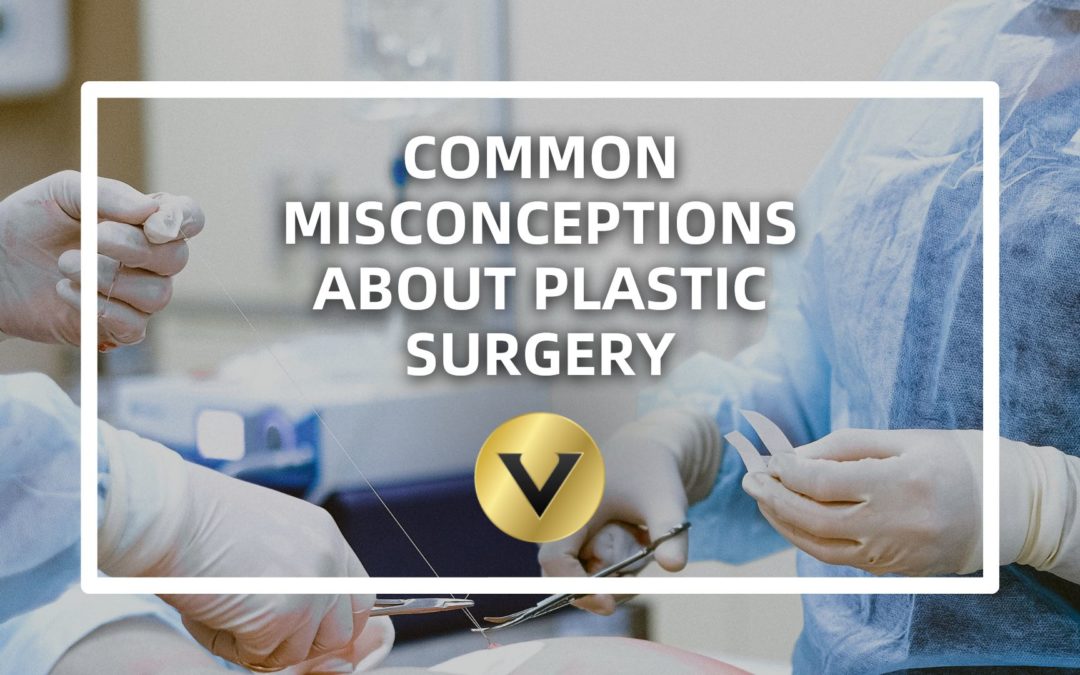The physical appearance of an individual plays an important role in their overall sense of self-esteem and well-being. Over the years, an increasing number of individuals have turned to cosmetic plastic surgery to gain that extra bit of confidence. However, misconceptions about plastic surgery still exist. To help shed light on the matter, here are some of the most popular myths about plastic surgery.
Only vain people seek plastic surgery.
There is a common misconception that plastic surgery is only sought after by vain people. However, the truth is plastic surgery is a legitimate medical field that covers a wide range of services and procedures, many of which are focused on restoring and maintaining function. Plastic surgeons are often called upon to help with both the aesthetics of an area and the overall function of the area. As such, they are able to fulfill the role of a reconstructive surgeon, specializing in the reconstruction of defects that may occur due to cancer removal or trauma, for example. Additionally, the repair of congenital defects, including prominent ears, cleft palates/lips, or the treatment of congenital tumors can all be life-changing experiences for patients. Therefore, plastic surgery is not strictly done solely for vain reasons but to help patients improve their overall health and well-being.
Plastic surgery is for only the elite and wealthy.
Plastic surgery is not just an expensive luxury that’s only available to the high-end population. The truth is, with increasing technology and techniques, plastic surgery has become much more accessible to the average person. Most people who opt for plastic surgery are not wealthy but are instead everyday people who are trying to improve their appearance. While surgery may not be covered by insurance, many procedures are still incredibly affordable, and the cost savings that result from improved self-confidence and self-image tend to far outweigh the cost of the surgery. Moreover, there are numerous non-surgical and surgical options that are available to fit any particular budget.
Only Women get plastic surgery.
A very common misconception is that only women get plastic surgery. This simply isn’t true. While it is true that women form the majority of plastic surgery patients, men are also getting more involved in the industry. For example, older male plastic surgery patients are choosing to go under the knife in order to appear more competitive in the business world to remain competitive with their younger counterparts. Men are increasingly interested in facial and hair rejuvenation procedures such as rhinoplasty, facelifts, and hair restoration procedures. Non-invasive procedures such as Botox, Coolsculpting, dermal fillers, and laser treatments are also popular options for men. Plastic surgery is no longer gender-exclusive but rather a method for all to improve their overall appearance.
Plastic surgery makes people look fake.
It is a common misconception that plastic surgery results in a “fake” look. Plastic surgeons strive to make sure that the end result is a more youthful and natural look that does not change the individual’s identity. While it is possible to have bad plastic surgery, resulting in an ‘overdone’ or ‘unnatural’ appearance, this should not be considered the norm. The goal of plastic surgeons is to enhance the patient’s inherent beauty, not to change it. Therefore, it is important to look for a qualified and experienced plastic surgeon when considering any type of cosmetic procedure. Patients should also be aware of the fact that each plastic surgery procedure has its own unique risks, costs, and benefits.
All plastic surgeons are the same.
It is a common myth that all plastic surgeons are the same. This is untrue, as there is a vast amount of variation between different training paths, educational backgrounds, and certifications that can be held by plastic surgeons. Additionally, some individuals may falsely claim to be certified plastic surgeons. To ensure the safety and quality of a plastic surgery procedure, patients should seek out a plastic surgeon who is board certified in plastic surgery and is affiliated with professional plastic surgery organizations such as the American Academy of Facial Plastic and Reconstructive Surgery (AAFPRS) and the American Society of Plastic Surgeons (ASPS). It is also important for the surgeon to have experience in the procedures the patient wishes to have performed. As such, it is important to take the time to do research before selecting a plastic surgeon. Failing to do so can lead to disastrous results, as the wrong surgeon might not be adequately trained to provide the care the patient requires.

